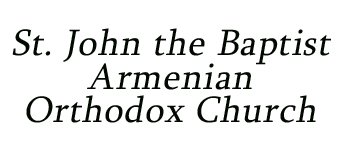LAZARUS SATURDAY
On Saturday before Palm Sunday, we commemorate the Resurrection of Lazarus, the seventh and last sign of our Lord Jesus Christ described in the Gospel of John (John 11:1-46).
Jesus Christ freed Lazarus, who had been dead for four days, from the grasp of death and restored him to life through the power of His word: “Lazarus, come out!” The same voice that brought the universe to life now called Lazarus from the darkness of death to the light of life.
